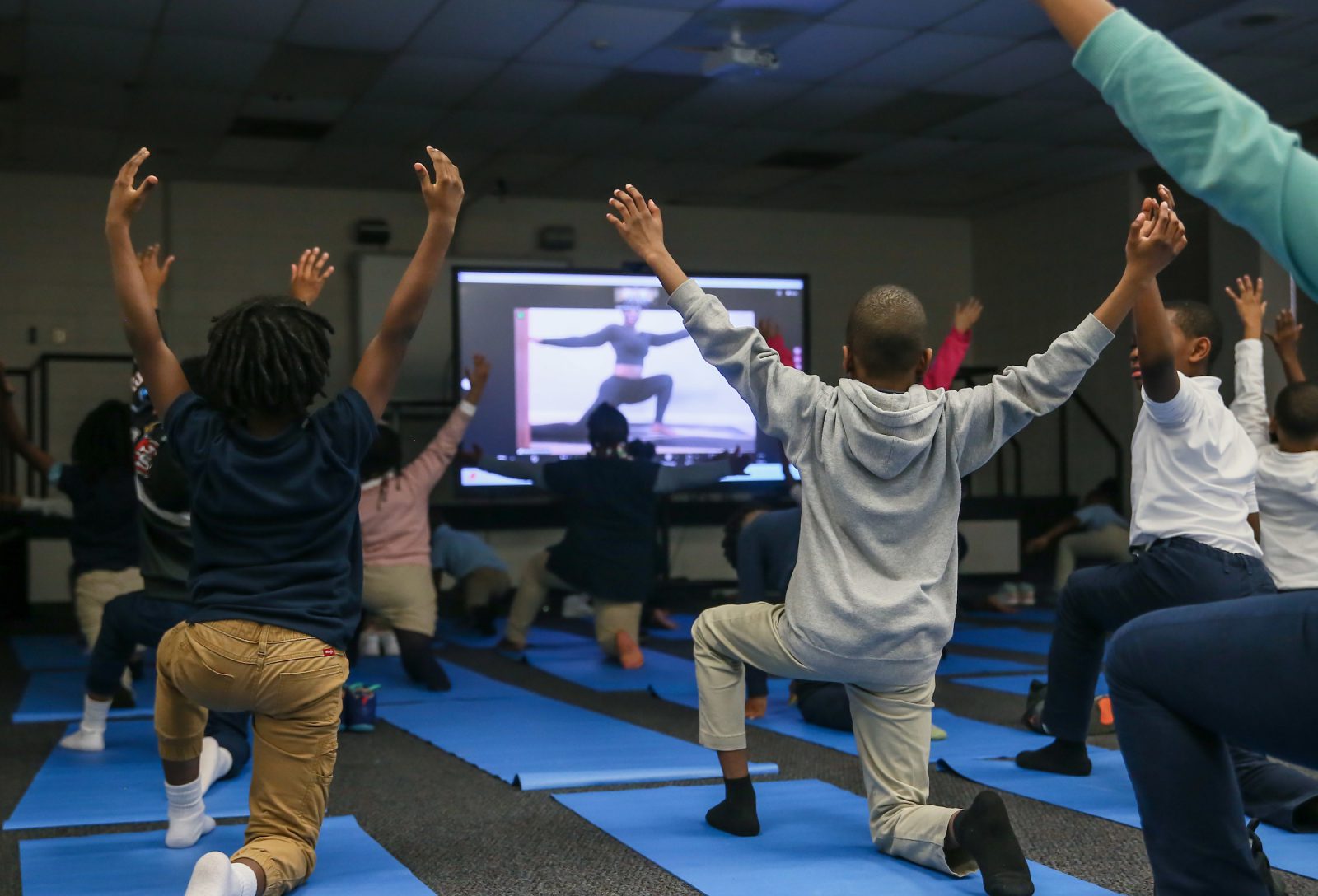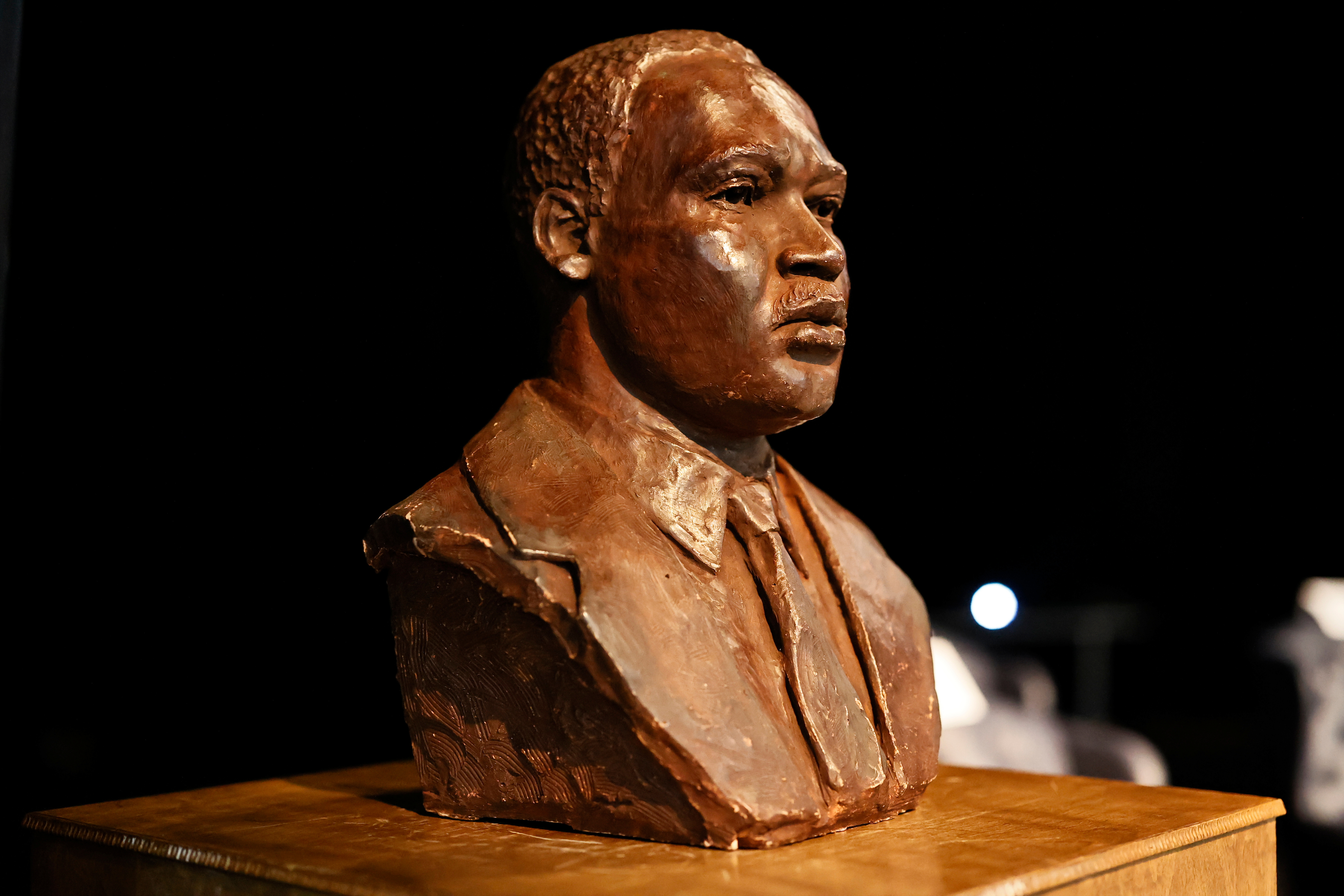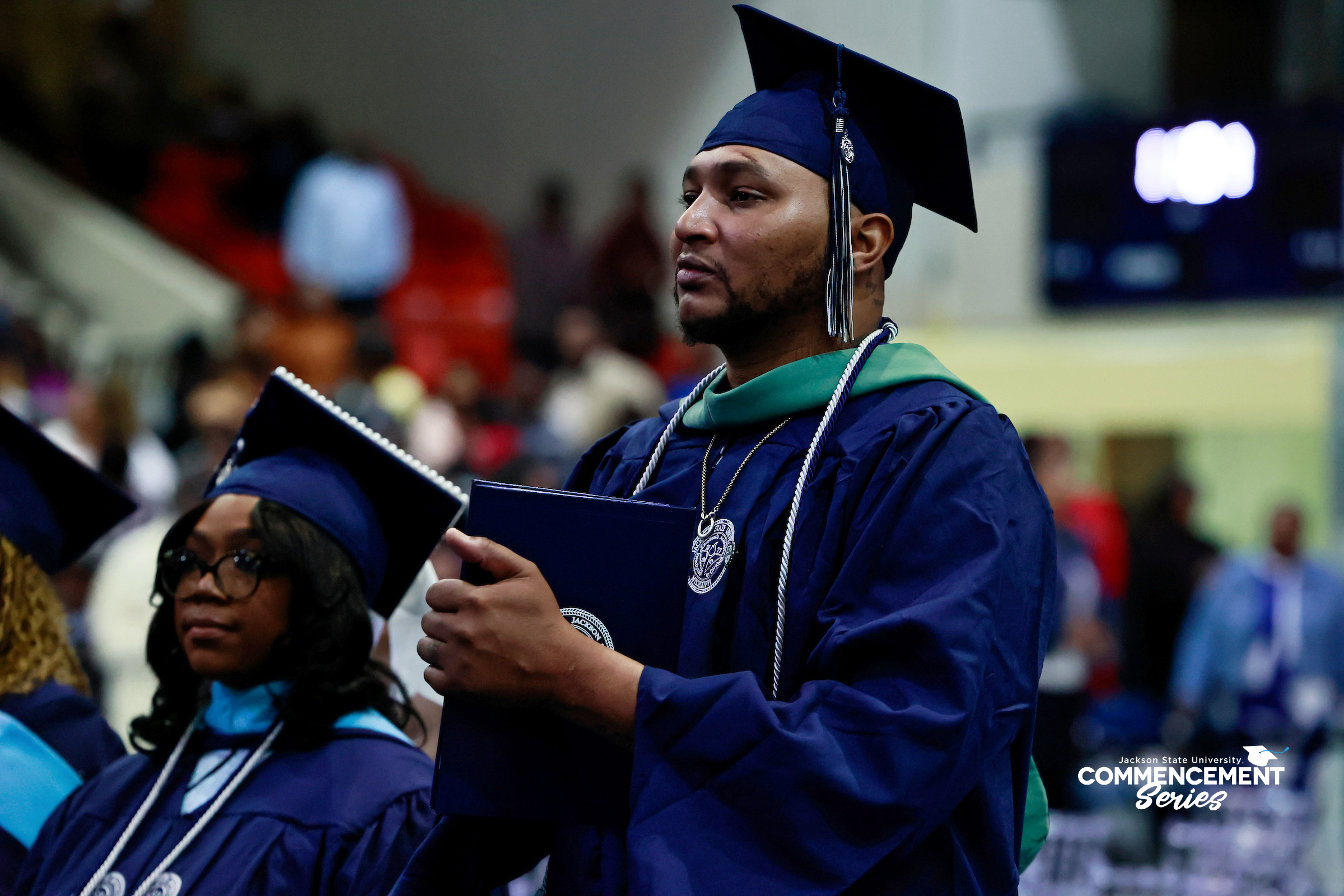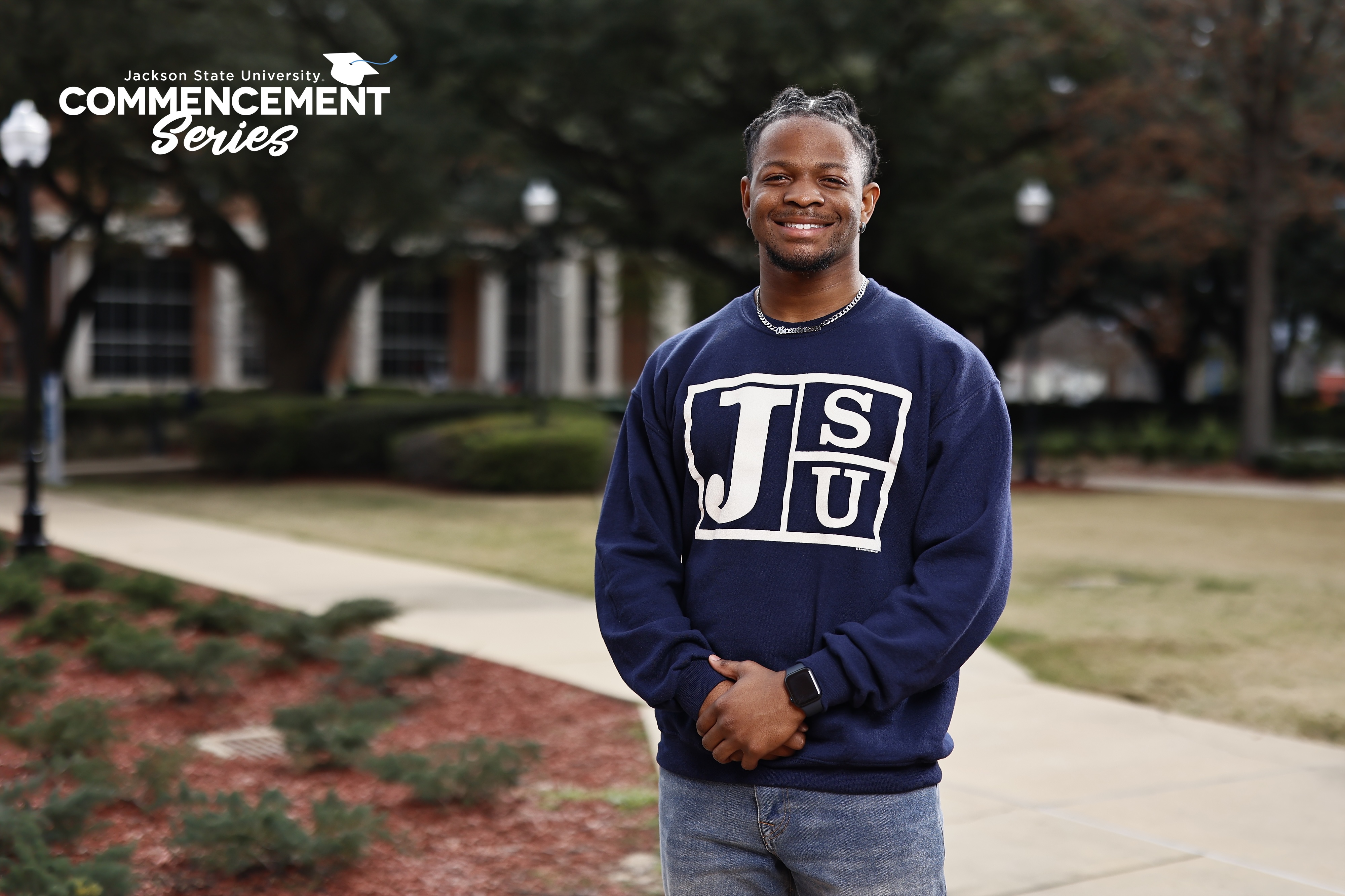Jackson State University’s College of Education and Human Development conducted a pilot behavioral study with Jackson Public School (JPS) students enrolled in the Kids Kollege afterschool program. For six weeks, the school-aged students participated in a series of virtual yoga sessions during the Spring 2024 semester.
The professors leading the study were recently awarded a research seed grant from JSU’s Division of Research and Economic Development. The grant will aid the professors in developing a research manuscript for publication in academic journals and preparations for a larger grant application.
Joon Young Lee, Ph.D., assistant professor of health, physical education, and recreation, expects the study to expand into various schools in JPS. “By utilizing virtual platforms for our yoga programs, we can enhance accessibility and provide more resources to children and youth across schools in the district,” said Lee, who serves as principal investigator.
While researching the mental health of underserved school-aged children throughout the United States, Lee discovered that one in five students suffer from a form of mental disparity such as anxiety, depression, and/or high-stress levels. He set out to determine if introducing the children to yoga practices could serve as a positive intervention.
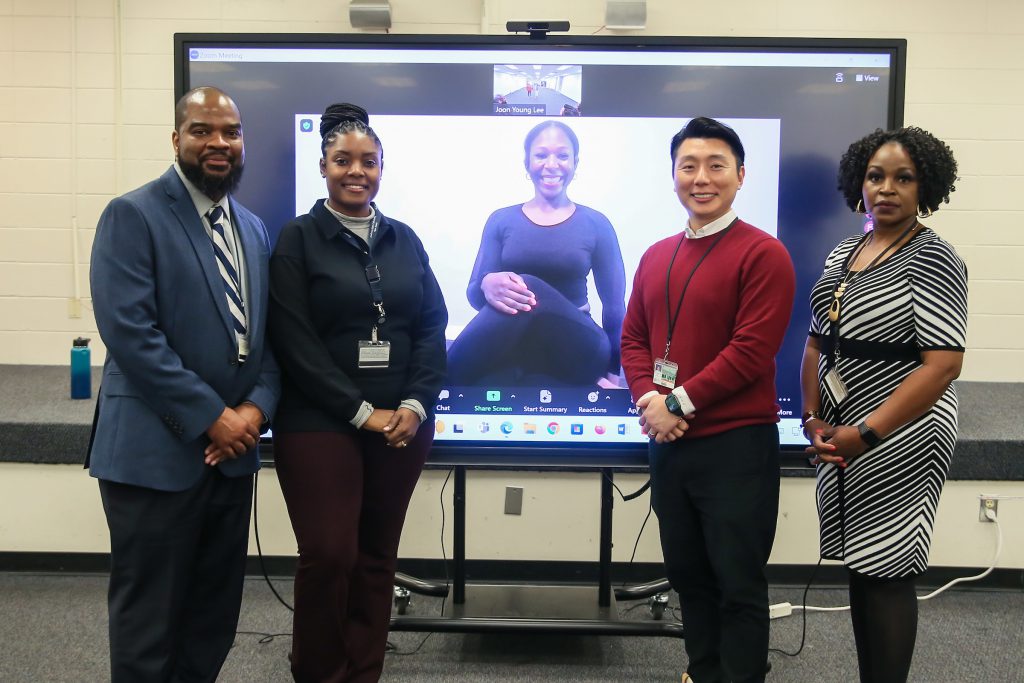
During the pilot study with the Kids Kollege after school program, Lee and his co-investigators, Tierra Flowers, Ed.D., and Doreen Myrie, Ed.D., along with graduate assistant Alexia P. Hammonds, uncovered helpful information to enhance their research further.
“We have all worked together to bring this to our elementary school students so they can tap into their overall socioemotional learning development,” said Flowers, the director of Kids Kollege. “We know for students to be successful, you must take care of the whole child beyond just after school tutoring.”
In addition to assisting in the study’s analytical research efforts, Hammonds is a certified yoga instructor who leads the virtual sessions with the students. For most students, this was their introduction to holistic yoga practices.
“It helps them to be more self-aware and teaches the children how to interact not only with themselves but the world and people around them,” Hammonds explained. “It also helps them learn how to calm their energy and learn to be the best versions of themselves on the mat as well as in and out of the classroom.”
In the pilot study, the students completed 10 virtual yoga sessions over six weeks. Hammonds led the 40-minute sessions, and the students were actively engaged. However, the investigators anticipate even greater success in their future trials.
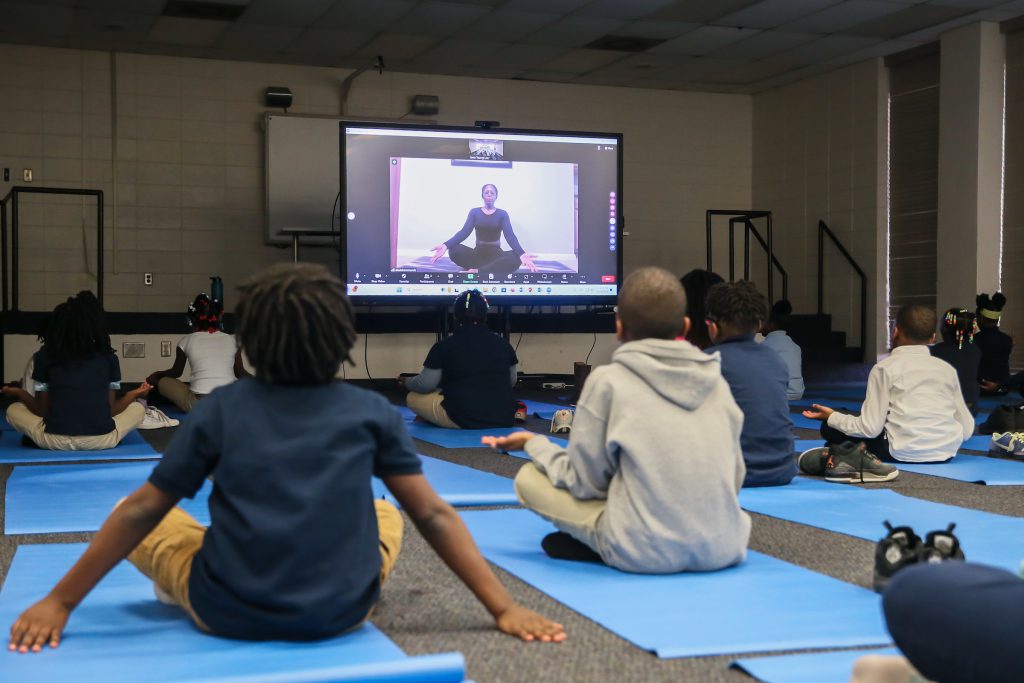
“The parents were very receptive and excited about this being offered to the students, and a lot of them said they [the students] go home talking about it and sharing some of the strategies they learned in the yoga sessions,” Flowers explained.
Lee and the co-investigators are preparing to introduce virtual yoga sessions into a variety of schools throughout the JPS District in the fall. During this next phase of their research, they will incorporate a wider range of school-age students.
“We observed significant enhancements in children’s mental health and social-emotional learning skills through afterschool virtual yoga programs,” Lee shared.
The research team aims to expand the virtual yoga program to various school districts, community centers, and rehabilitation facilities throughout the region.



